From a country that could not produce enough rice to feed its people, Vietnam has become one of the world's largest rice exporters and also a major exporter of electronics.
With a per capita gross domestic product (GDP) of $98, Vietnam was the poorest country in the world in 1990, followed by Somalia (with a per capita of $130) and Sierra Leone ($163).
During the subsidy period, every crop failure caused the Vietnamese people to face famine. At that time, Vietnam had to rely on support from the United Nations World Food Program and financial aid from the Soviet Union and other Eastern European countries.
Vietnam is currently one of the most dynamic countries in the world, with a vibrant economy that creates great opportunities for entrepreneurs and hard-working workers.
The basis of this great development is similar to the ideas of Economist Adam Smith.
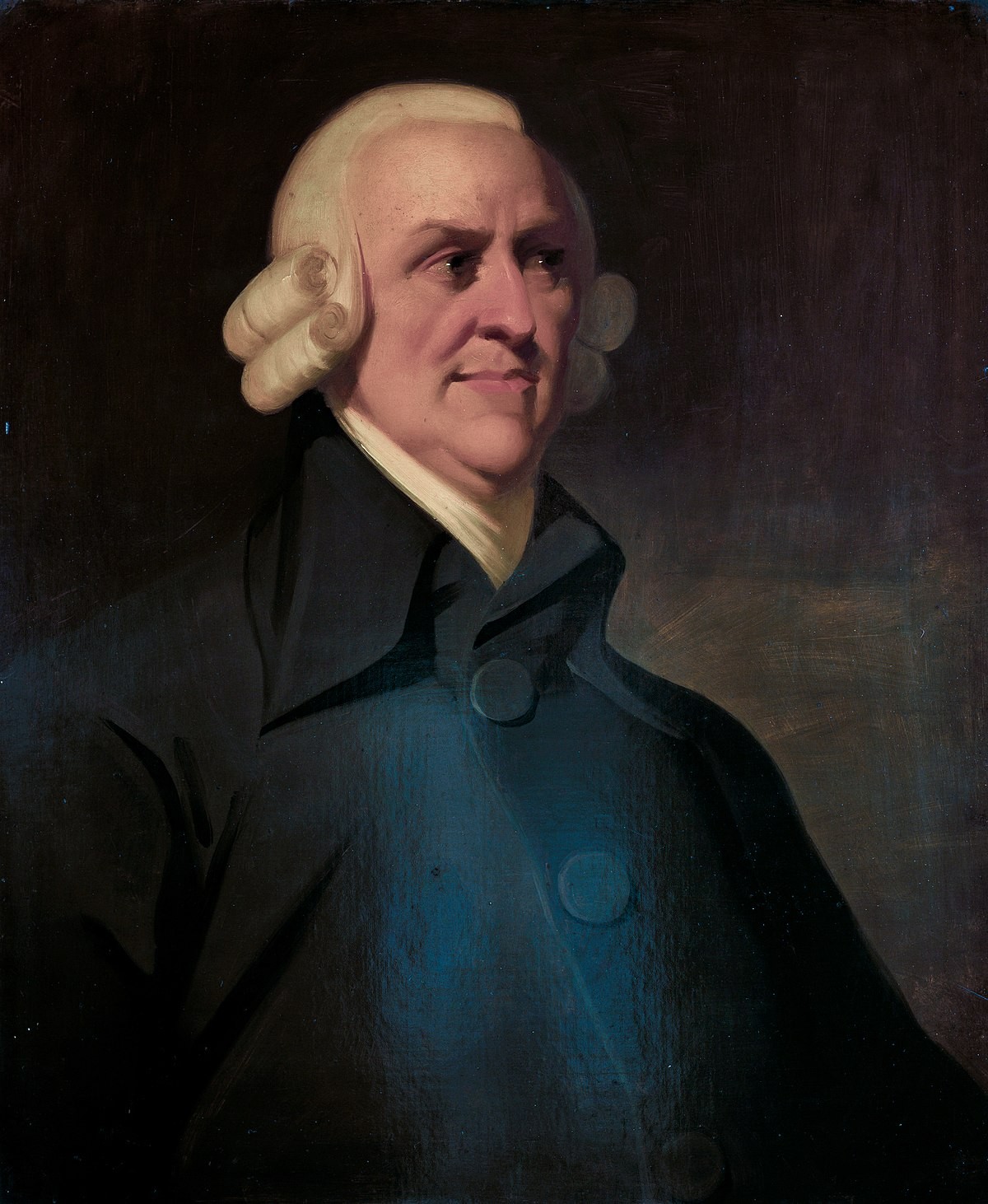 |
| Economist Adam Smith. (Source: Wikipedia) |
“Every individual tries to find for himself the most profitable employment within the capital he has,” he wrote in The Wealth of Nations . “He does so for his own benefit, not for the benefit of society. But the study of the most profitable employment for himself leads him, of course, or necessarily, to the study of the most profitable employment for society.”
Adam Smith argued that legislators should have more confidence in the fact that “every individual can decide for himself what trade he should pursue according to the circumstances of his locality, than any statesman or legislator can.”
Sympathy is a central pillar of Smith’s moral philosophy. His magnum opus, The Theory of Moral Sentiments , begins by stressing the paramount importance of sympathy. And above all, Smith’s sympathy is for the “labouring poor.”
A famous passage is found in The Wealth of Nations : “No society can be prosperous and happy while the majority of its people live in misery and poverty. There must be equality in social life, and those who produce all the wealth: food, cloth, and houses for the whole society, must enjoy a share of the wealth they have produced by their own labor.”
In Chapter 8 of The Wealth of Nations , along with the quotes above, he points out that only economic growth can raise living standards. Continuous economic growth is the only way to increase wages; a stagnant economy leads to falling wages.
The path Smith charted did not involve the abolition of private property, state redistribution, or government rule by fiat. Nor did he advocate a libertarian utopia without the state—he believed that governments had important functions to fulfill.
However, in 1755, two decades before The Wealth of Nations appeared, he shared: “Men are generally regarded by statesmen and planners as the raw materials of some kind of mechanism. In the course of the movement of human affairs, the planner often has to act upon nature; yet nothing else is required but that she be left to pursue her ends with impartiality, so that she may form her own plans…
As a prophet, Adam Smith would be very proud if he could see his ideas in the changes of modern economies today, including Vietnam!
Adam Smith (1723–1790) was a Scottish philosopher and political economist who pioneered the development of economic theory. He is famous for his book The Wealth of Nations published in 1776. This is one of the earliest and most famous works on commerce and industry, considered to form the foundation for economic principles and policies in the world. Adam Smith strongly opposed mercantilism and advocated free trade and competition, which was a challenge to the protectionist tariff barriers of the time. Adam Smith's economic ideas also influenced other trading nations and Adam Smith deserves to be called the "Father of Modern Economics". |
Source








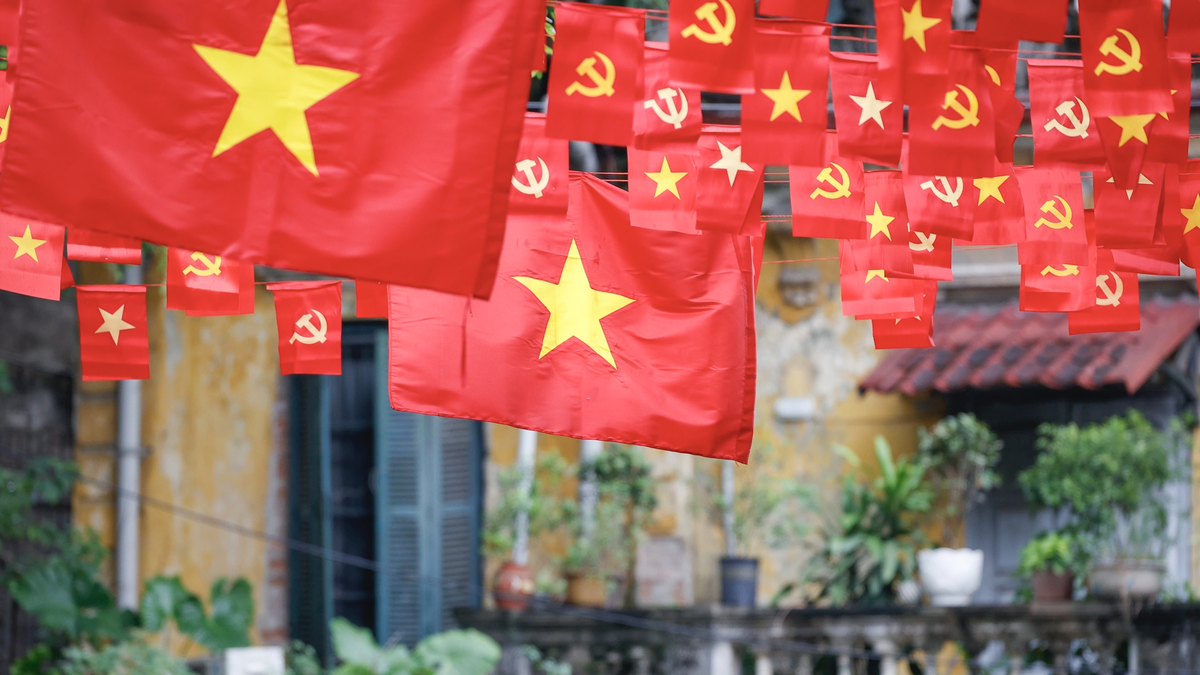




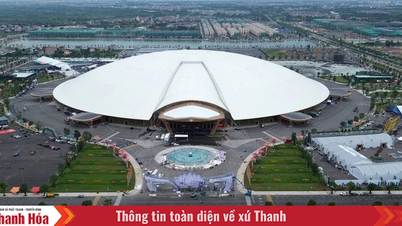




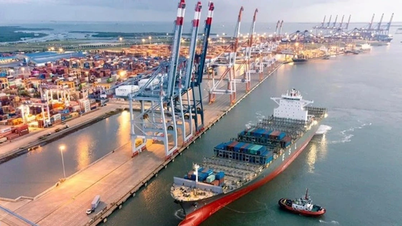





































































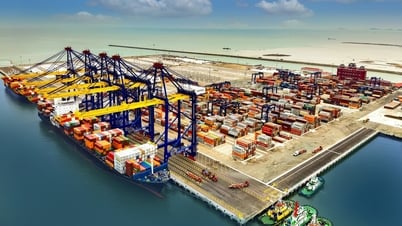




















Comment (0)